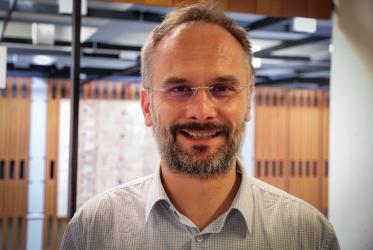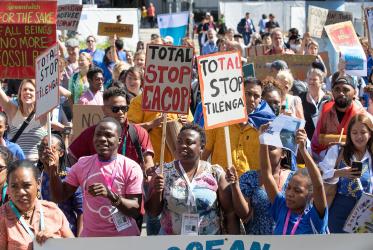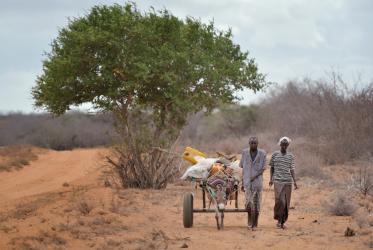Displaying 21 - 40 of 102
Churches respond to Malawi cyclone disaster
29 March 2023
Zur Verwandlung aufgerufen Ökumenische Diakonie
15 February 2023
HIV and AIDS Civil Society Networks and the Faith Sector
Lessons Learnt from Strategic Engagement in India, Dominican Republic, Indonesia, and Jamaica
31 January 2023















